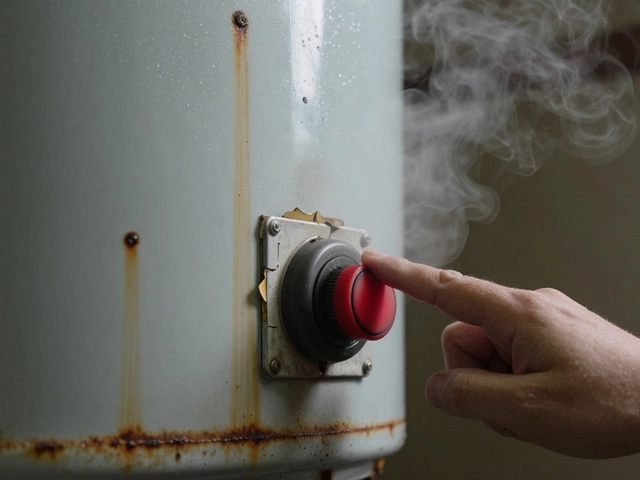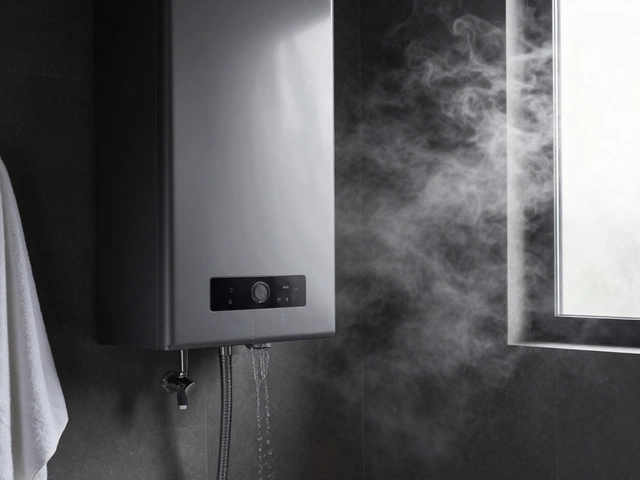Rheem Water Heaters and Boilers: What You Need to Know
If you own a Rheem water heater or boiler, you already have a solid, reliable unit. But even the best appliances need a bit of love to keep working well. In this guide we’ll talk about the most common Rheem quirks, easy fixes you can try at home, and when it’s smarter to call a professional.
Common Rheem Problems and Quick Fixes
One of the first things owners notice is a loss of hot water. Often this is caused by a stuck thermostat or a buildup of sediment inside the tank. You can try flushing the tank with a garden hose – just turn off the power, attach the hose to the drain valve, and let the water run until it’s clear. If the water still isn’t heating, check the reset button on the heater; a quick press can clear a minor safety trip.
Another frequent issue is strange noises – bubbling, ticking, or a humming sound. Those sounds usually mean air is trapped in the system or the heating element is wearing out. Bleeding the air out of radiators (for boiler setups) or turning the heater off, letting it cool, and then restarting can often quiet the noise. If the sound persists, the element might need replacement, which is a job for a qualified tech.
Leaking water is the biggest red flag. Look around the base of the unit for drips. Most leaks come from a loose valve or a worn gasket. Tightening the valve with a wrench can stop a slow leak. If the water is coming from the bottom of the tank, the inner tank has probably corroded – that’s a sign you’ll need a new heater.
When to Call a Professional for Rheem Service
Some problems are best left to the pros. If you’ve tried resetting, flushing, and checking for leaks but the heater still won’t heat, the thermostat or heating element could be faulty. Replacing those parts involves electricity and gas, so it’s safer to let a certified technician handle it.
Boilers add another layer of complexity. A boiler that won’t fire up, shows error codes, or makes a loud clunking noise might have a gas valve issue or a cracked heat exchanger. Those components require specialized tools and a gas safety check. A qualified plumbing and heating company can diagnose the problem quickly and make sure everything meets UK safety regulations.
Regular maintenance is also a smart move. Having a technician service your Rheem unit once a year can catch wear before it turns into a breakdown. They’ll clean the burner, check the pressure, and test safety controls – all things that keep your water hot and your bills low.
Bottom line: you can handle basic checks, resets, and flushing yourself, but don’t gamble with gas or electricity if you’re unsure. A quick call to a local Weymouth repair service can save you time, money, and a lot of hassle.
Keep this guide handy. When your Rheem heater or boiler shows a sign of trouble, you’ll know the first steps to try and when it’s time to pick up the phone. Your home will stay warm, your water stays hot, and you won’t be stuck scrambling for a fix.
Is Rheem or AO Smith Better? A Straightforward Comparison for Water Heater Repair
- Alden Wilder
- Jun 4 2025
- 0 Comments
Trying to decide between Rheem and AO Smith for your water heater can get confusing fast. This article breaks down how both brands perform on key points like reliability, repair costs, and customer support. We’ll highlight real-world pros and cons for each, plus share insider tips so you don’t overspend fixing or replacing your water heater. You'll walk away with the info you actually need to make a smart choice for your home.
View More

